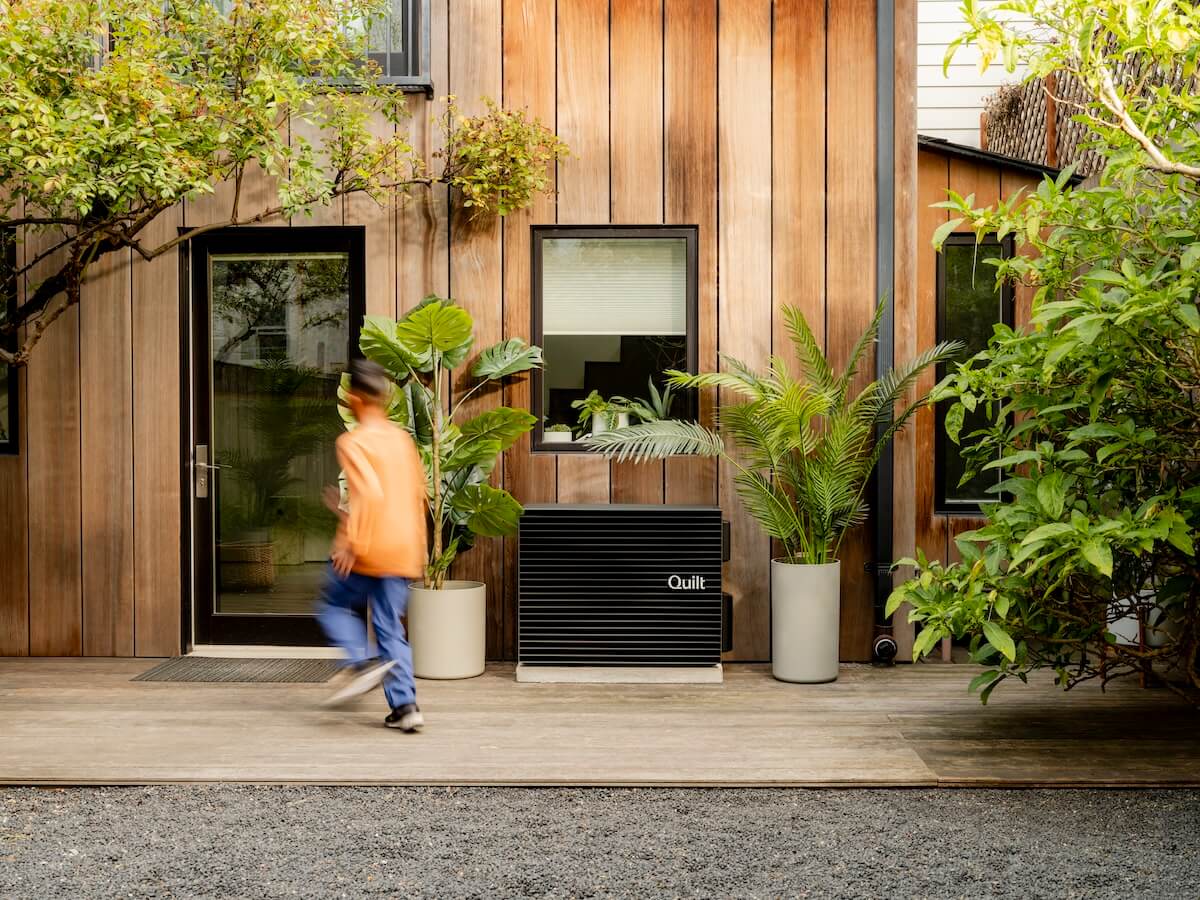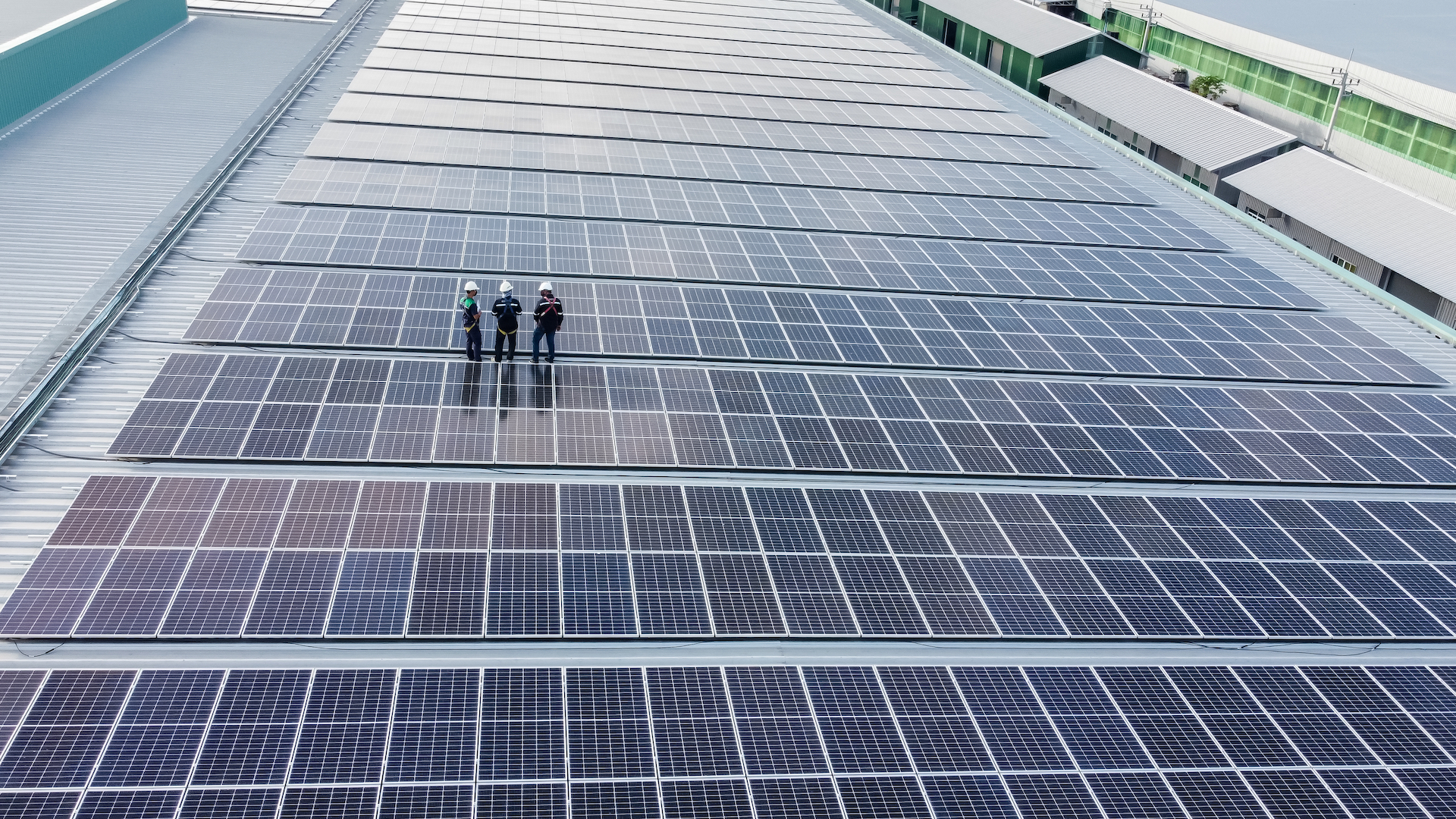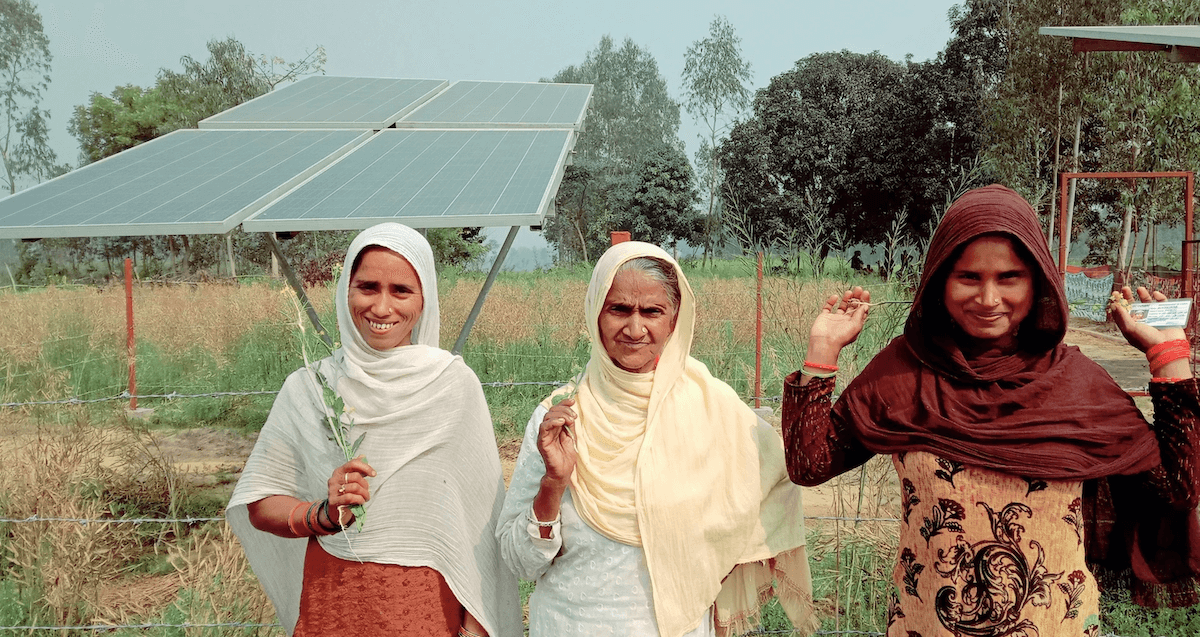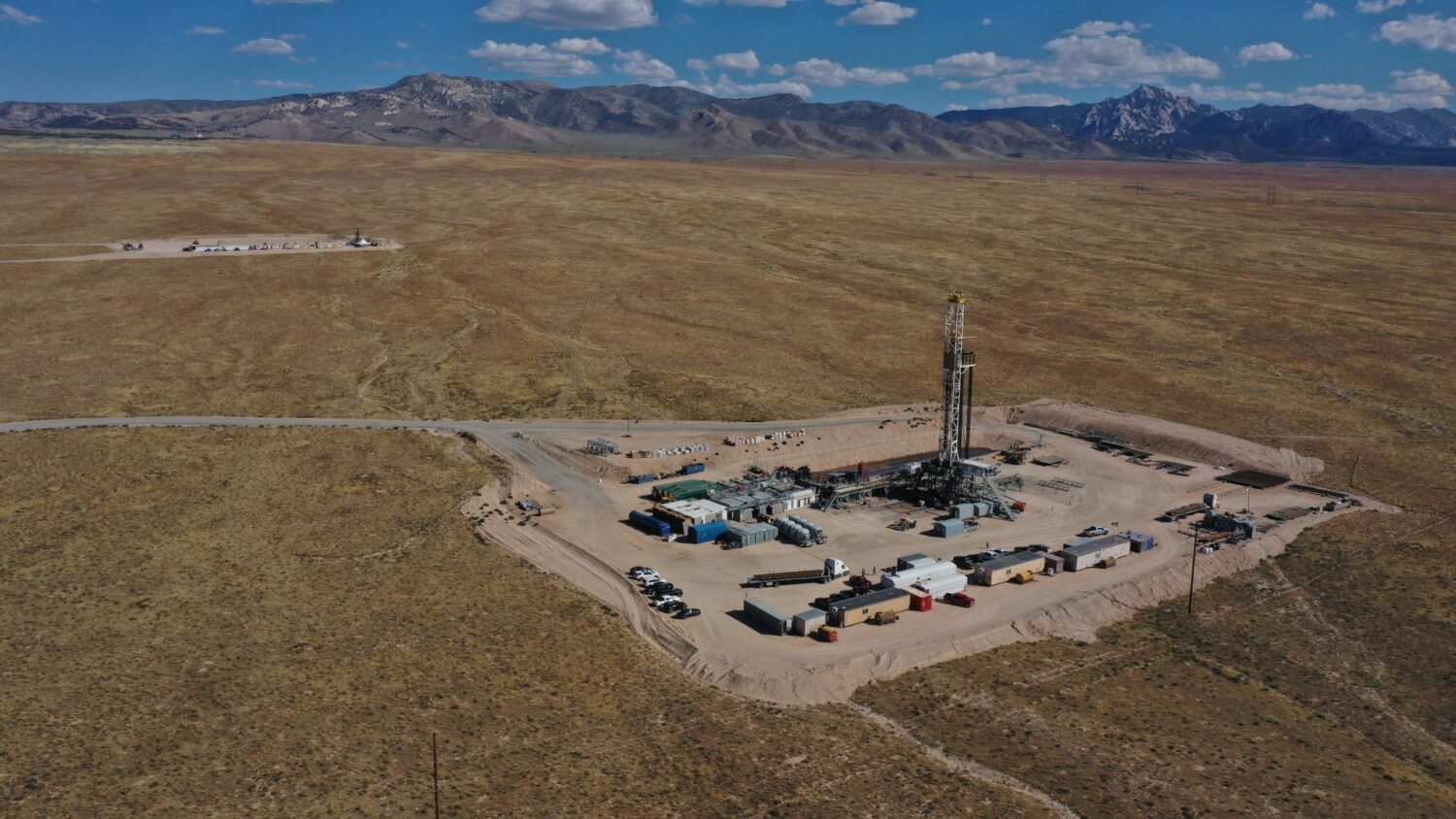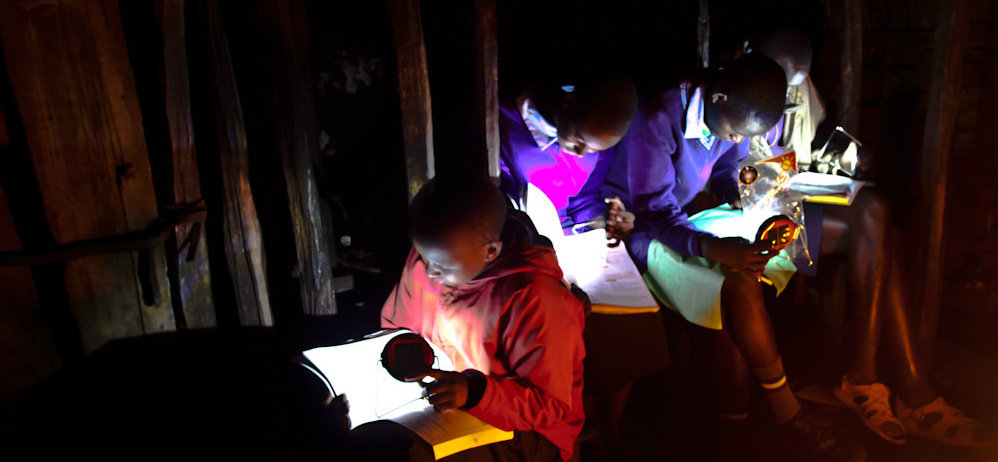ImpactAlpha, November 2 – Nearly half of Côte d’Ivoire’s 28 million people live in rural areas; less than 40% of them have access to electricity. The Emerging Africa Infrastructure Fund is backing a 60 billion West African franc ($98 million), local currency bond series to finance last-mile electricity delivery.
The group says the series is the first certified, asset-backed “social bond” in West Africa. The International Finance Corp. is also investing in the bonds.
The bonds will be repaid from electricity connection fees collected under the Ivorian government’s Electricity For All program. The cost of a new household connection is 150,000 francs ($240). Households pay 1,000 francs ($1.60) upfront and pay off the remaining balance over two to 10 years, based on household income level.
The bonds, issued by Fonds Commun de Titrisation de Créances Electricité Pour Tous, are being listed on the West African Economic and Monetary Union exchange. Moody’s certified the social designation based on alignment with the International Capital Market Association’s Social Bond Principles.
Catalytic capital
EAIF is a $1 billion investment arm of the Private Infrastructure Development Group that commits senior debt to critical infrastructure projects in Africa. The group’s aim is to catalyze private investment in projects and markets that lack strong private investment flows.
EAIF is investing in two of the three Ivorian bond tranches: a 25 billion franc, AA- rated, and a 15 billion franc, A+ rated. Returns are slightly lower in the first two tranches than the third, A rated tranche.
“EAIF provides a significant role here to attract private sector investment,” an EAIF spokesperson told ImpactAlpha. “EAIF will provide for a maximum and minimum commitment – the ticket size will be scaled back if there is demand from the private sector.”
The group also hopes the bonds will serve as a proof point for similar issuances in West Africa.




